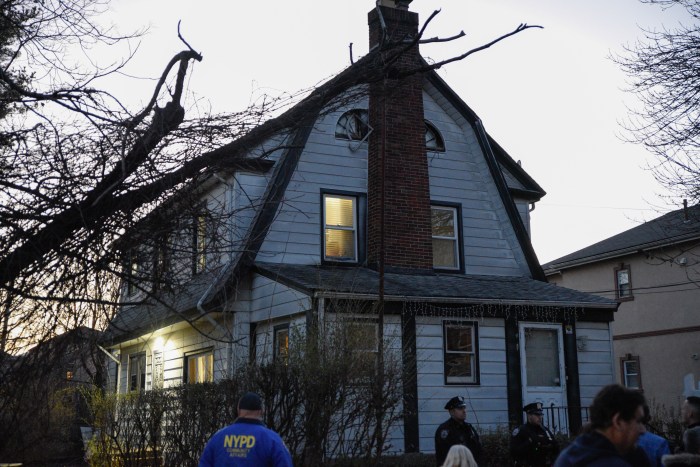By State Sen. Shirley Huntley, Jamaica
As children go back to school, think about mayoral control of city public schools. In a few months, it will be up for renewal in the City Council and, if passed, the state Legislature.
The Legislature can go in one of three directions: renew the policy; reject it; or revise it to protect the rights of students, parents, educators and administrators and bring them into the process. The latter of the three is the answer.
With more than 1.1 million students affected by mayoral control and more than 1,400 schools currently answering solely to the mayor, whose duties are carried out by a chancellor who has displayed no appreciation for others' opinions and contempt for parents with interest in local education, change is needed.
I was a local education leader when mayoral control first passed in 2002. I voiced concerns that it would cut out parents' role and place too much power with the chancellor. We have been proven correct, and no place is that more clear than on these five issues:
• The current chancellor is not an educator and has no educational background. Running schools like a business is not what education is about.
• Superintendents currently may work in numerous school districts. Instead, they should work within their district only, have real decision-making power and answer to the chancellor.
• The city Department of Education currently has control over standardized testing while failing to provide a comparable education to every child taking those tests, which has allowed a performance disparity based on a child's race at younger ages to affect the child's entire K-l2 education.
• Parents are no longer involved in zoning issues or picking new principals and should be brought back into the process.
• The Panel for Educational Policy allows the mayor autonomy when instead the body should be empowering parents in all major decisions.
While there are countless implications of these practices as they stand, perhaps most notably is the DOE practice to spend millions in taxpayer dollars on “consultants” while ignoring other experts and parents.
As a state senator, I have begun the duty of ensuring that my colleagues, who I believe did not fully understand the law in 2002, are sufficiently educated this time to make a thoughtful decision when the legislation comes before us in 2009.
As part of that effort, Senate Democrats recently launched the New York City Task Force on School Governance, which I co-chair.
The task force is holding open public hearings throughout all five boroughs for parents, educators, administrators and community leaders to express their thoughts, including one in Queens Oct. 2 between 5:31 p.m. and 8:30 p.m. at Queens Borough Hall, 120-55 Queens Blvd., Second Floor.
It is important people take advantage of this opportunity to submit testimony. At the end of our hearings, we will propose a new direction for mayoral control based on what we already know, hear from the community and have learned from other cities like Chicago and Boston, which have implemented this kind of policy.
Here in New York, the DOE's trial-and-error practice has proven to be a stunning waste of tax dollars. In the mayor and chancellor's haste, they have created chaos for school districts, children and parents, instead of achieving the very reasoning behind mayoral control: efficiency and accountability.
Those are worthy goals I support, but I cannot support the process as it stands. By sidelining parents and those who have the greatest interest in strong education, the mayor and chancellor have ignored good ideas and public input.
Though the DOE likes to pass around surveys to give the illusion of participation, parents recognize this policy needs to be changed. In fact, a recent poll by Class Size Matters, an advocacy group, found that nearly six in 10 parents oppose mayoral control. A Quinnipiac poll places Chancellor Joel Klein's favorability at about 37 percent — roughly on par with President George W. Bush.
Had Mayor Michael Bloomberg and the chancellor included parents, educators, administrators and community leaders, the problems with the current policy would, perhaps, not be so glaringly obvious. In showing their true colors, however, they have underscored the urgency to get parents, educators, administrators and community leaders back into the process.
I invite you to join me at my hearing so that together we can right the wrongs of mayoral control.
































